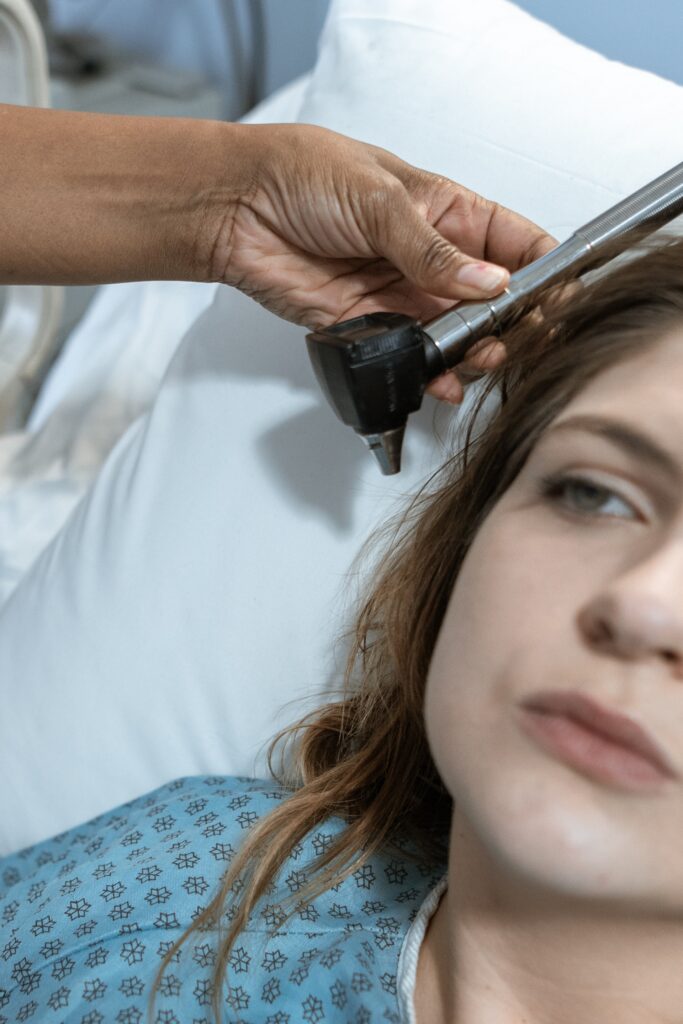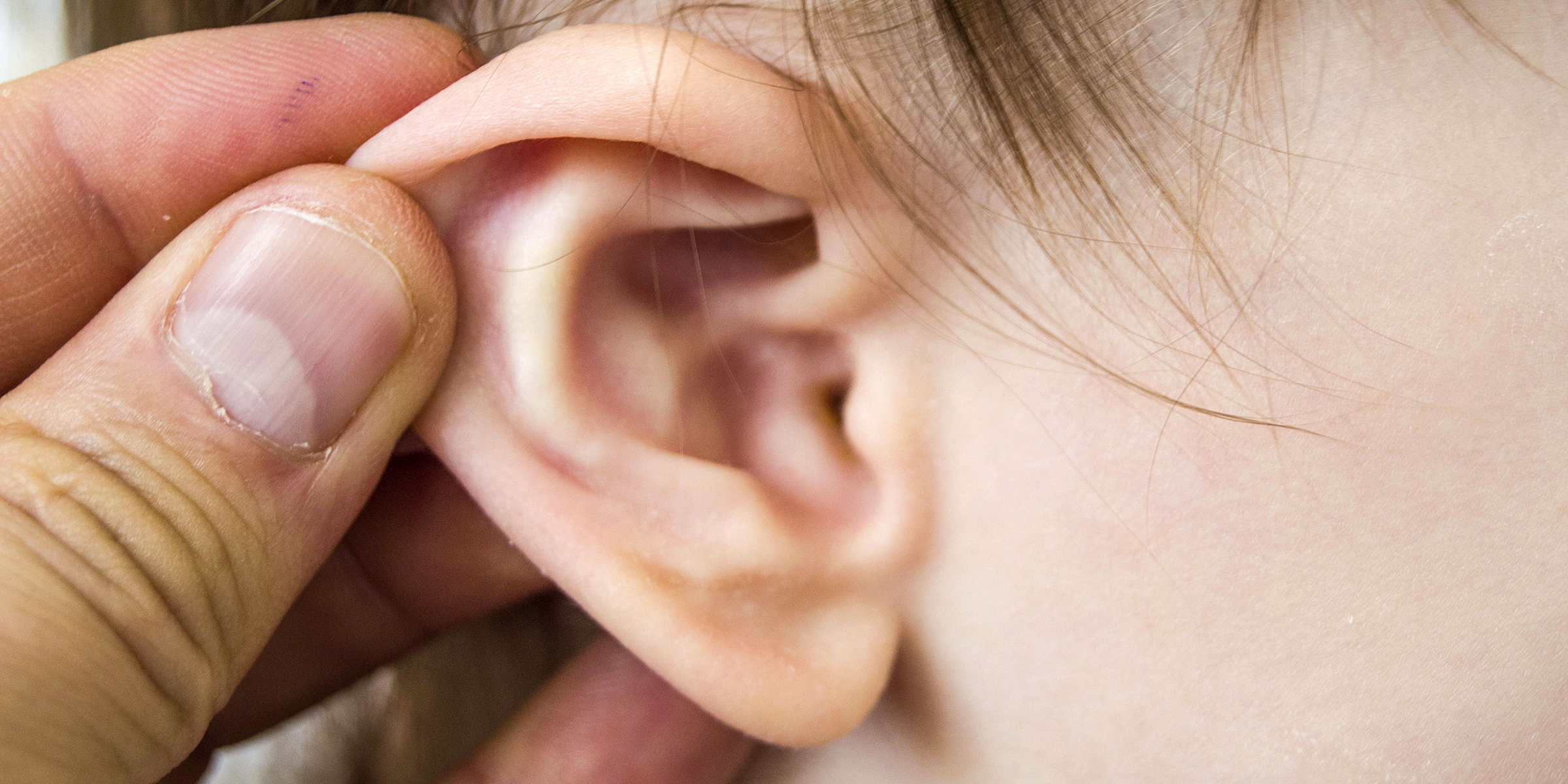Meniere’s disease is a chronic condition affecting the inner ear, characterized by episodes of vertigo, hearing loss, tinnitus (ringing in the ears), and a feeling of fullness or pressure in the affected ear. It can significantly impact a person’s quality of life, causing dizziness and balance problems. In this blog, we will delve into the details of Meniere’s disease, exploring its symptoms, causes, and available treatment options.
- What is Meniere’s Disease? Meniere’s disease is a disorder that affects the inner ear, specifically the labyrinth, which is responsible for balance and hearing. It is named after Dr. Prosper Meniere, a French physician who first described the condition in the 19th century.
- Symptoms of Meniere’s Disease: Meniere’s disease is characterized by the following symptoms:

a. Recurrent Vertigo: Episodes of severe dizziness or vertigo, lasting from 20 minutes to several hours, are a hallmark of Meniere’s disease. Vertigo is a sensation of spinning or whirling, often accompanied by nausea and vomiting.
b. Fluctuating Hearing Loss: Hearing loss can occur during or after vertigo episodes, typically affecting one ear. The loss may be temporary or permanent, and it often fluctuates, with some periods of better hearing.
c. Tinnitus: Many individuals with Meniere’s disease experience tinnitus, a persistent ringing, buzzing, or roaring sound in the affected ear. The intensity can vary and may worsen during episodes of vertigo.
d. Ear Fullness or Pressure: A feeling of fullness or pressure in the affected ear is common in Meniere’s disease. This sensation may occur before, during, or after vertigo episodes.
- Causes of Meniere’s Disease: The exact cause of Meniere’s disease is not yet fully understood. However, several factors may contribute to its development:
a. Fluid Buildup in the Inner Ear: An abnormal accumulation of fluid in the inner ear, known as endolymphatic hydrops, is believed to play a role in Meniere’s disease. The increased fluid pressure can affect the functioning of the inner ear structures.
b. Genetics: There may be a genetic predisposition to Meniere’s disease, as it sometimes runs in families. However, more research is needed to fully understand the genetic factors involved.
c. Autoimmune Response: Some researchers believe that an autoimmune response, where the body’s immune system mistakenly attacks the inner ear, could contribute to Meniere’s disease.
d. Other Factors: Certain factors, such as allergies, viral infections, head trauma, and abnormal blood vessel constriction, have been suggested as potential triggers or contributors to Meniere’s disease, although their exact role is not yet clear.
- Diagnosing Meniere’s Disease: Diagnosing Meniere’s disease can be challenging because its symptoms overlap with other conditions. A healthcare professional specializing in ear disorders, such as an otolaryngologist, will conduct a thorough evaluation, which may include:
a. Medical History: Your doctor will review your symptoms, medical history, and family history of ear disorders.
b. Physical Examination: A physical examination will focus on the ears, hearing, and balance.
c. Hearing and Balance Tests: Audiometry, tympanometry, and balance tests may be conducted to assess hearing function and balance.
d. Imaging Tests: Magnetic resonance imaging (MRI) or computed tomography (CT) scans may be performed to rule out other possible causes of symptoms.
- Treatment Options for Meniere’s Disease: Treatment for Meniere’s disease aims to manage symptoms, prevent or minimize episodes, and improve quality of life.
Please visit neurotologist or ENT department in nearby hospitals.
Some sources you may consider exploring for further information on Meniere’s disease include:
- Mayo Clinic – Meniere’s Disease: URL: https://www.mayoclinic.org/diseases-conditions/menieres-disease/symptoms-causes/syc-20374910
- American Academy of Otolaryngology – Head and Neck Surgery Foundation – Meniere’s Disease: URL: https://www.enthealth.org/conditions/menieres-disease/
- National Institute on Deafness and Other Communication Disorders (NIDCD) – Meniere’s Disease: URL: https://www.nidcd.nih.gov/health/menieres-disease




